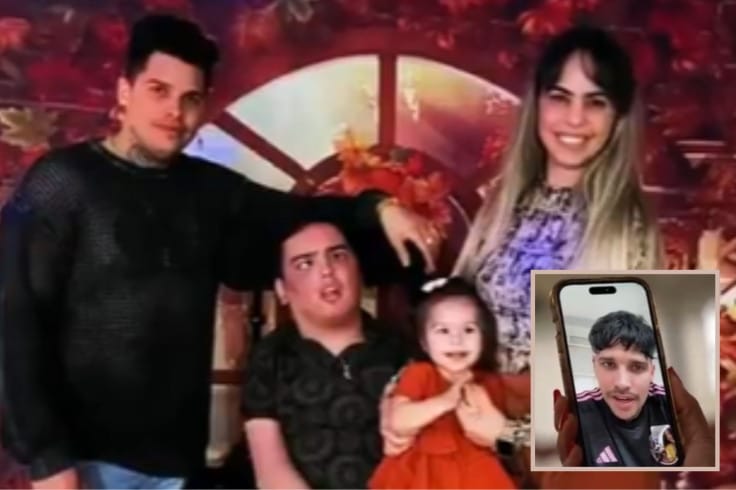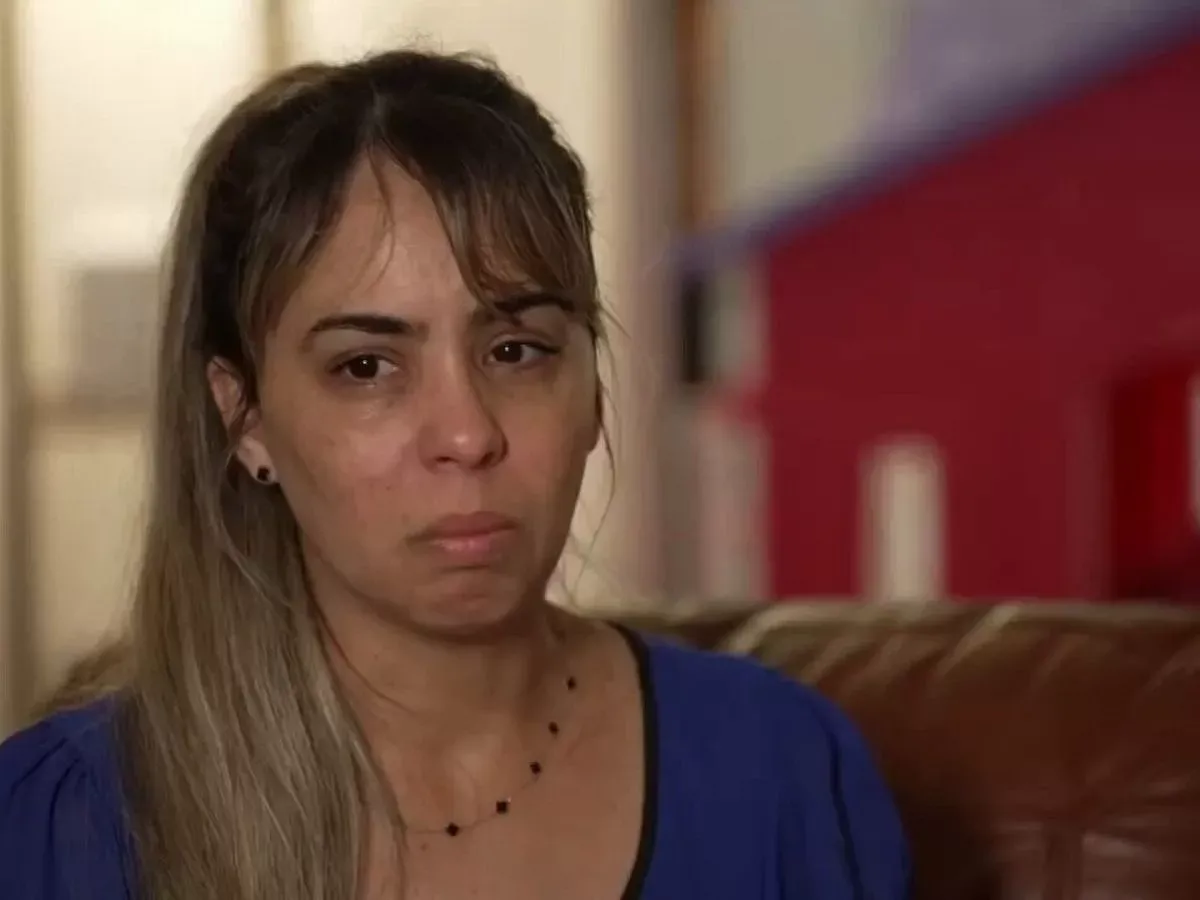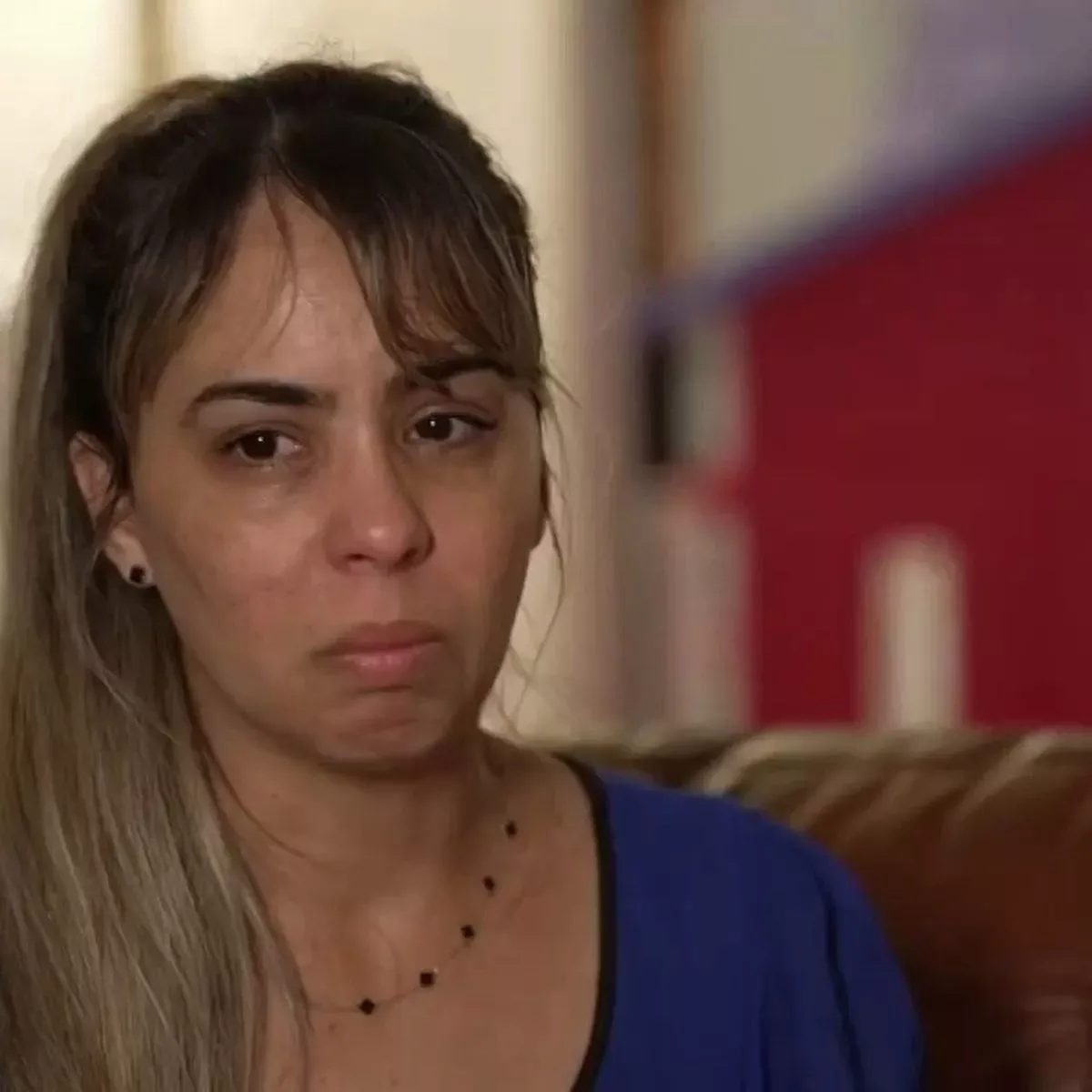She Voted Trump. Then Her Husband Was Deported While Seeking Asylum.

It's a situation few could have predicted.
A family's life turned upside down by an unexpected enforcement action.

A New Life in America
Alían Méndez Aguilar arrived in the United States from Cuba back in 2019.
Like many others, he was seeking a new beginning, a chance for a better future away from the challenges in his homeland.
His journey navigating the complex U.S. immigration system began almost immediately upon arrival.
Initial legal processes can be lengthy and complicated, involving various stages and potential outcomes.
Facing Legal Hurdles
Just one year after arriving, a deportation order was issued for Alían Méndez Aguilar in 2020.
However, for a period, his return to Cuba could not be completed because the Cuban government reportedly refused to accept his repatriation.
This is a not uncommon challenge in international deportation cases, where the cooperation of the receiving country is required.
Following a 90-day period in detention, Aguilar was released from custody.
His release was not a termination of his case but came with supervision requirements as his legal situation remained unresolved.

Building a Family
While in the U.S., Alían Méndez Aguilar met and married Liyian Páez.
Páez is a Cuban American citizen.
Together, they began building a family in North Miami, Florida.
Aguilar stepped into the role of stepfather, helping to care for Páez's son who is paraplegic.
The couple also welcomed a daughter together, further solidifying their family unit.
Their life together seemed to be moving forward, anchored in their community.

The Immigration System
Navigating the path to legal status or citizenship in the United States can be a long and arduous process.
It often involves numerous meetings, applications, and legal reviews.
Individuals with prior deportation orders face additional complexities and heightened scrutiny.
Seeking asylum is one avenue within the broader immigration framework, but it is subject to specific legal criteria and review processes.

A Routine Meeting
In April, the family's journey took a sudden and difficult turn.
Alían Méndez Aguilar was scheduled to attend a meeting related to his ongoing immigration case.
His wife, Liyian Páez, accompanied him to the appointment, expecting a standard procedural check-in.
These meetings are a regular part of the process for individuals with unresolved immigration statuses or supervision requirements.

The Turn of Events
During the course of this meeting, something unexpected happened.
Instead of proceeding with standard case review, authorities detained Alían Méndez Aguilar.
His wife was informed he had been taken into custody.
According to reports, Aguilar was then moved through several detention facilities in Florida, Arizona, and Louisiana.
Ultimately, he was flown back to Cuba, completing the deportation process that had been pending since 2020.
"The lawyer hands me a yellow envelope with his belongings, and I'm like, 'what's going on? What's going on? Where's my husband?' She told me he had been detained," Páez told Univision.
Aguilar described the deportation process itself as "awful," noting the restraints used during transport.
"You're cuffed at the feet, waist and hands," Aguilar shared.

Seeking Support
The sudden deportation has placed significant strain on Liyian Páez and her family.
She is now solely responsible for caring for their two children, including her son who requires specialized care.
Losing her husband's income has created immediate financial challenges.
Páez is reportedly reaching out to members of Congress and senators, seeking assistance in exploring any potential avenues for Aguilar to legally return to the U.S.
However, the legal process for appealing or attempting to reverse a deportation order, especially with a prior order in place, can be complex and potentially take years.
The family now faces the daunting reality of navigating the future separated by international borders and legal hurdles.



